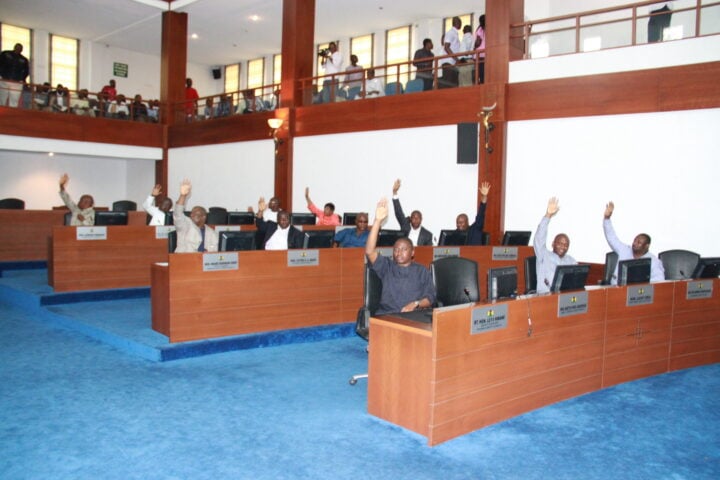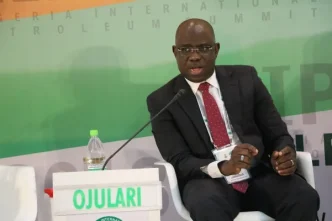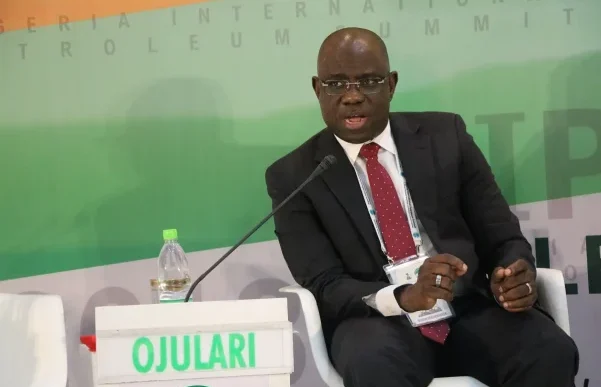Rivers house of assembly
BY BUSARI SARAFADEEN
The legislative arm of government is the bedrock of democracy, providing checks and balances, ensuring accountability, and making laws that guide governance. In Nigeria, state legislatures—embodied by the State Houses of Assembly—play a crucial role in shaping governance at the sub-national level. However, despite their constitutional importance, they have often been dismissed as “rubber stamps” due to perceived executive dominance and political compromises.
Yet, as the recent developments in Rivers State illustrate, the State House of Assembly is far from being a mere appendage of the executive. The crisis in the state, which ultimately led to President Bola Tinubu’s declaration of a state of emergency on 18th March, 2025, underscores the significance of this legislative institution. The events that transpired in Rivers State—from the demolition of the House of Assembly complex to legal battles over legislative legitimacy—are a stark reminder that the legislative arm, whether empowered or weakened, remains central to governance and stability.
The State House of Assembly is a fundamental pillar of Nigeria’s democracy, entrusted with legislative, oversight, and representative responsibilities. These include:
1. Law-making: State legislatures enact laws that address local governance, security, and economic policies.
Advertisement
2. Oversight Function: They scrutinize the executive’s activities to ensure transparency and accountability.
3. Approval of Budgets: State budgets must be debated and approved by the legislature to ensure fiscal discipline.
4. Checks on the Executive: Governors are held accountable through legislative scrutiny, impeachment powers, and policy debates.
Advertisement
5. Representation of Constituents: Lawmakers advocate for the needs and interests of their constituencies.
When fully functional, the legislature acts as the voice of the people, preventing autocratic tendencies and fostering good governance. However, in many states, these functions have been significantly eroded due to executive interference, financial dependence, and internal political conflicts.
The political turmoil in Rivers State provides a textbook example of why State Houses of Assembly cannot be overlooked. The crisis began with Governor Siminalayi Fubara’s fallout with lawmakers, who were largely loyal to his predecessor, Nyesom Wike, now the Minister of the Federal Capital Territory.
A major turning point was the demolition of the Rivers State House of Assembly complex by Governor Fubara, a move widely seen as an attempt to suppress legislative opposition. This act not only violated the principle of separation of powers but also set off a chain reaction of political instability. It emboldened dissenting lawmakers to take drastic actions, including purported impeachment moves and factional defections.
Advertisement
The legal battle that followed further cemented the importance of the legislative institution. On 8th March, 2025, the Supreme Court of Nigeria delivered a landmark judgment on the matter, reinforcing the principle that governance cannot function without an active and legitimate legislature. The Court affirmed that the legislative arm is an essential part of the government structure and must not be arbitrarily sidelined or dismantled under any guise.
The culmination of these conflicts, with competing factions laying claim to legislative authority and governance being severely disrupted, left President Tinubu with no choice but to declare a state of emergency in Rivers State on 18th March, 2025. This extraordinary measure signals that when the legislature is undermined, the very fabric of governance is at risk. The absence of a stable and recognized legislature created a vacuum, exacerbating political tensions and forcing federal intervention.
Had the Rivers State House of Assembly been allowed to function independently, the crisis could have been mitigated through legal legislative processes. Instead, the power struggle between the executive and the legislature escalated to an unprecedented level, proving that no matter how much state legislatures are underestimated, they are indispensable in governance.
The Rivers State debacle serves as a cautionary tale for other states. Governors who attempt to weaken or sideline their legislatures risk political instability, governance failures, and legal battles. Conversely, lawmakers who fail to assert their independence risk becoming mere extensions of the executive, losing public confidence and constitutional relevance.
Advertisement
Moving forward, certain reforms are necessary to strengthen State Houses of Assembly:
Proper Implementation of Financial Autonomy: Ensuring state legislatures control their funds, as provided by Section 121(3) of the Constitution as altered, without reliance on the executive, will reduce undue influence.
Advertisement
Effective Checks and Balances: As exemplified by the Supreme Court in its judgment of 8th March, 2025, the judiciary must continue to uphold the independence of the legislature and intervene when necessary to preserve constitutional order.
Public Awareness: Citizens must recognize the role of state lawmakers and hold them accountable for their legislative responsibilities.
Advertisement
Conclusion
The perception of State Houses of Assembly as “rubber stamps” is often a consequence of political compromises rather than an inherent weakness in the system. As seen in Rivers State, the legislature remains a powerful institution that cannot be wished away. Governors who attempt to suppress legislative independence only sow the seeds of instability, while lawmakers who fail to stand their ground contribute to governance failures.
Advertisement
If democracy is to thrive at the sub-national level in Nigeria, state legislatures must be strengthened, protected, and allowed to function as independent arms of government. The events in Rivers State are a reminder that when the legislative arm is undermined, the entire governance structure is at risk—and as we have seen, the consequences can be dire.
Sarafadeen is director-general, conference of speakers of state legislatures of Nigeria and can be reached via [email protected]
Views expressed by contributors are strictly personal and not of TheCable.





